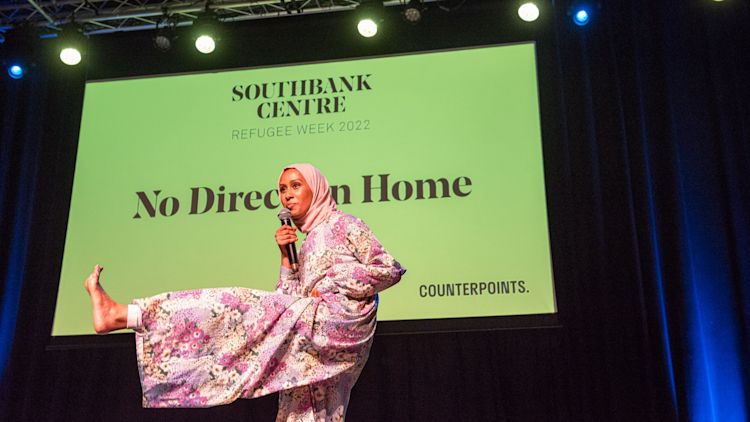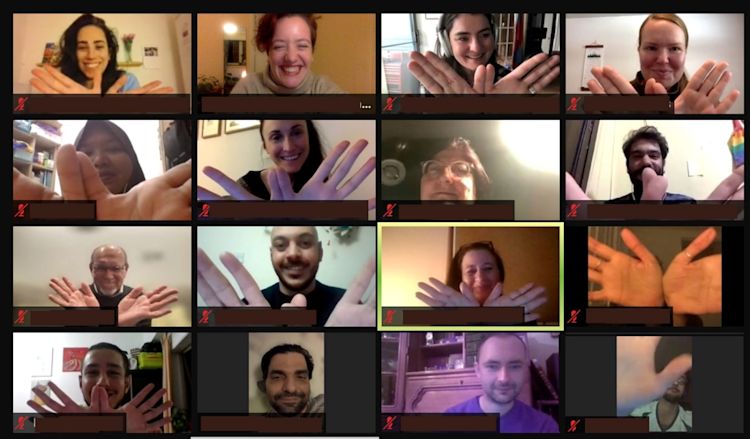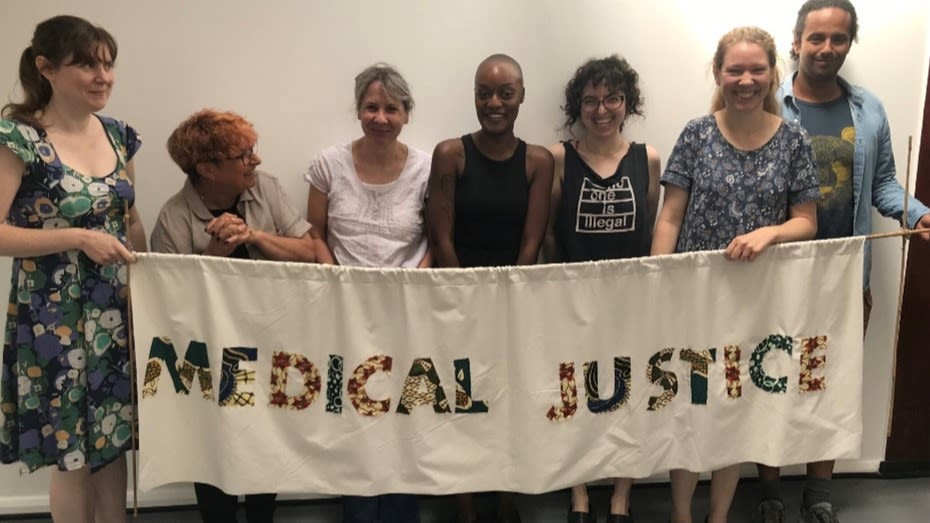St Andrews Refugee Service
From Beneficiaries to Global Leaders: The StARS Journey towards a Refugee-Led Leadership Model
tlds; (too long didn’t scroll)
In 2015, StARS committed to become a refugee-led organisation, giving those with lived experience of displacement the space to learn, grow, lead, design, and decide for themselves and their communities. This approach is based on building a refugee-led team and forming strong partnerships with community-based organisations (CBOs) in Cairo, providing long-term funding and intensive training to ensure these organisations become self-sustaining.
Who should read this?
If you’re an organisation or funder looking to empower refugees and shift to a refugee-led model, this is for you.
Why should you read this?
Those with lived experience are best equipped to identify effective and sustainable solutions to rebuild their lives. The StARS model offers a blueprint for creating change in your organisation and surrounding area.
What’s the take-away?
Support for refugee-led organisations is most effective when provided with long-term sustainable funding and extensive training in legal, educational, and psychosocial services. This equips CBOs with the tools needed to access external funding and become self-sustaining in the long-run. Internally, transforming to a refugee-led model requires sustained policies and organisation-wide buy-in around recruitment and professional development.
What’s the story?
Refugees have long been excluded from decision-making processes that directly impact their lives. In light of this injustice, StARS made a bold commitment in 2015 to become an organisation run by and for refugees, guided by the principle “nothing about us, without us.” Recognising that those with lived experiences are best equipped to identify effective and sustainable solutions to rebuild their lives, StARS aimed to empower refugees to lead and make decisions affecting their communities.
StARS forged partnerships with various grassroots, community-based organisations (CBOs) in Cairo, since these organisations play a critical role in local service provision. StARS provided long-term funding and intensive training on legal, educational, and psychosocial services. This equipped the CBOs with the tools needed to access external funding and become self-sustaining. Through this collaboration, StARS and the CBOs built an independent network of effective organisations within the refugee field.
To ensure refugees are at the forefront of decision-making, internally StARS has also implemented three key strategies:
Recruitment: StARS prioritises the recruitment of refugees wherever possible. When suitable refugee candidates are not immediately available, StARS employs non-refugees temporarily but actively works to bridge the gap by training refugees to assume these roles.
Fair Pay: StARS believes in a fair and equal pay scale for all staff, regardless of nationality or status.
Training and Support: StARS offers extensive internal and external training and support to their refugee staff, addressing the gaps caused by forced displacement and structural inequalities.
What's the impact?
Today, over 85% of StARS staff are refugees and more than 80% of their teams are led by refugees. Those with refugee backgrounds now hold positions in StARS as leaders, advocates, healthcare providers, educators, and more. Their impact resonates at every level of the organisation, demonstrating that when refugees are given the opportunity to lead, they can transform their own lives, shape their communities, and inspire global change.
This impact is demonstrated through StARS huge growth in service delivery and reach, from 5,000 to 40,000 refugees and people from displaced communities. Making this transition has also led to StARS becoming a global leader, establishing the United Refugee Network, inputting in UNHCR policy, participating in the Asia Pacific Network for Refugees and being a core member of the Resourcing Refugee Leadership Initiative.
5 Next Steps to follow in StARS' footsteps
Reevaluate your recruitment processes to prioritise individuals with lived experiences of displacement. Ensure that your systems are inclusive and that refugees are represented equally, especially in leadership roles, with equal pay for equal work.
Break the cycle of aid dependency by working with and directly funding refugee communities, rather than supporting 3rd party organisations to achieve this. Recognise their expertise and involve them in the decision-making processes around funding flows, project needs and theories of changes.
Engage with at least one refugee-led initiative as an equal partner in every project aimed at refugees. Include these partners in all stages of project development, from conception to evaluation.
Organise capacity-building and training activities that provide a collaborative environment where refugees and non-refugee advocates can share expertise and develop innovative solutions.
Recognise that refugee-led organisations face challenges in accessing sustainable funding due to formal registration requirements, bank account limitations, and language barriers. Provide tailored training to enhance leaders' ability to write effective proposals and navigate funding processes.
Connect refugee leaders with relevant stakeholders to build their capacity and expand their networks.
Pay attention to the diversity among refugees and ensure that participation and leadership opportunities are inclusive and fair. Encourage the involvement of refugees of different ages, genders, and other forms of diversity to ensure practical and effective responses.
What should you do next?
You can read further stories of good practice here. You can also follow and get in touch with StARS to find out more here(opens in new window). As a funder or charity looking to move to a refugee-led structure, you can also read this(opens in new window) additional short case study.


